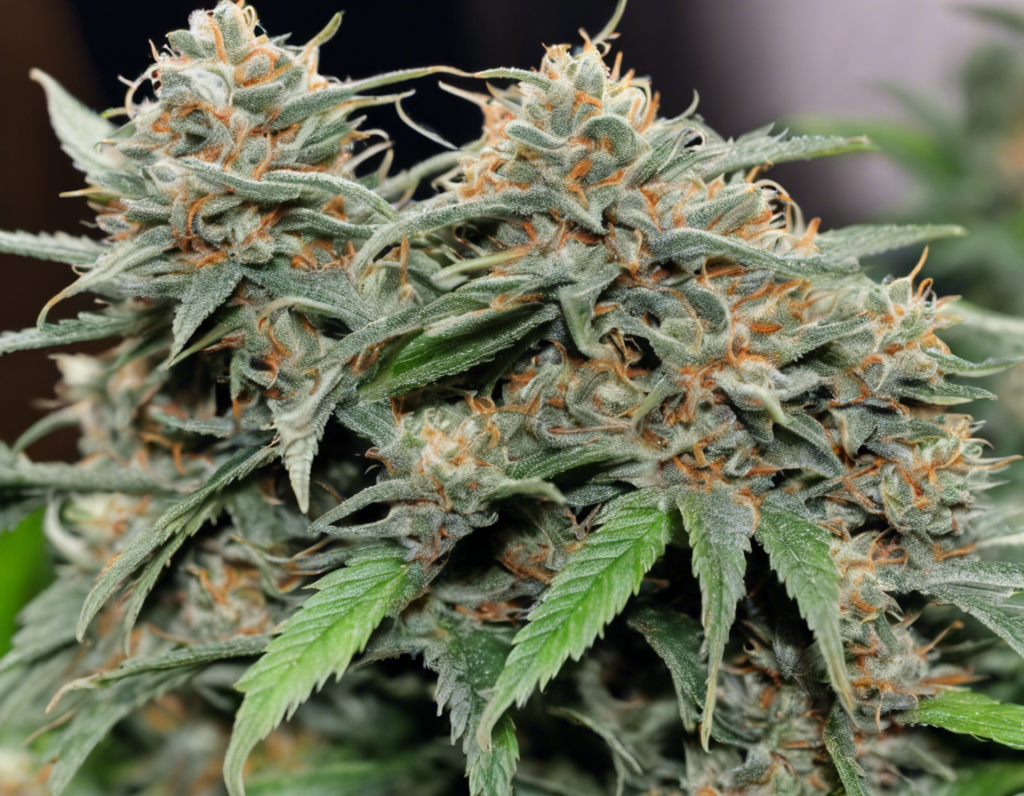
Introduction
Living with Lupus, an autoimmune disease that can affect various parts of the body, can be challenging. The symptoms of lupus, such as joint pain, fatigue, and skin rashes, can significantly impact a person’s quality of life. Coping with lupus requires a multi-faceted approach that includes medical treatment, lifestyle changes, and emotional support. In this article, we will explore how finding support at Lupus Cafe can help individuals with lupus navigate their journey and improve their overall well-being.
Understanding Lupus
Before delving into how Lupus Cafe can provide support, it’s essential to understand what lupus is. Lupus is a chronic autoimmune disease that can affect multiple organs and systems in the body. The immune system, which normally protects the body from infections, attacks healthy tissues in lupus patients, leading to inflammation and tissue damage.
There are several types of lupus, with systemic lupus erythematosus (SLE) being the most common. SLE can affect the joints, skin, kidneys, brain, and other organs. Other forms of lupus include discoid lupus, drug-induced lupus, and neonatal lupus.
Symptoms of Lupus
The symptoms of lupus can vary widely from person to person and may come and go in flares. Common symptoms of lupus include:
- Joint pain and swelling
- Fatigue
- Fever
- Skin rashes, especially a butterfly-shaped rash on the face
- Photosensitivity
- Hair loss
- Raynaud’s phenomenon
- Kidney problems
- Heart and lung involvement
Treatment for Lupus
There is no cure for lupus, but treatment aims to manage symptoms, prevent flares, and reduce organ damage. Treatment for lupus may include:
- Nonsteroidal anti-inflammatory drugs (NSAIDs) for pain and inflammation
- Corticosteroids to reduce inflammation
- Antimalarial drugs to control symptoms and prevent flares
- Immunosuppressants to suppress the overactive immune system
- Biologics to target specific parts of the immune system
- Lifestyle changes, such as eating a healthy diet, getting regular exercise, and managing stress
The Role of Support in Coping with Lupus
Living with lupus can be isolating and overwhelming. Finding support from others who understand what you’re going through can make a significant difference in how you cope with the disease. Lupus Cafe is a community-driven platform that provides support, resources, and a sense of belonging for individuals living with lupus. Here’s how Lupus Cafe can help:
1. Peer Support
One of the most valuable aspects of Lupus Cafe is the opportunity to connect with others who have lupus. Through online forums, support groups, and social media, individuals with lupus can share their experiences, offer advice, and provide emotional support to one another. Peer support can reduce feelings of isolation and help individuals feel less alone in their journey with lupus.
2. Educational Resources
Lupus Cafe offers a wealth of educational resources on lupus, including articles, webinars, and expert interviews. These resources can help individuals better understand their condition, treatment options, and lifestyle modifications. Empowering individuals with knowledge about lupus can help them make informed decisions about their health and well-being.
3. Coping Strategies
Learning how to cope with the physical and emotional challenges of lupus is essential for maintaining a good quality of life. Lupus Cafe provides tips and strategies for managing symptoms, dealing with flares, and reducing stress. Coping strategies such as mindfulness, meditation, and breathing exercises can help individuals better manage their symptoms and improve their overall well-being.
4. Advocacy and Awareness
Lupus Cafe is actively involved in advocating for individuals with lupus and raising awareness about the disease. By participating in advocacy campaigns, individuals can advocate for better treatment options, increased research funding, and improved access to care for lupus patients. Raising awareness about lupus can help reduce stigma, increase understanding, and promote early diagnosis and treatment.
5. Community Events
Lupus Cafe organizes community events, such as fundraisers, walks, and support group meetings, that bring individuals with lupus together. These events provide an opportunity for individuals to network, share experiences, and build friendships with others who understand what they’re going through. Building a strong support network in the lupus community can provide a sense of belonging and emotional validation.
Frequently Asked Questions (FAQs)
1. What causes lupus?
Lupus is an autoimmune disease, which means that the immune system attacks healthy tissues in the body. The exact cause of lupus is unknown, but factors such as genetics, hormones, and environmental triggers may play a role in its development.
2. Who is at risk for lupus?
Lupus can affect anyone, but it is most commonly diagnosed in women of childbearing age. Individuals with a family history of lupus or other autoimmune conditions may be at a higher risk of developing the disease.
3. Can lupus be cured?
There is currently no cure for lupus, but treatment can help manage symptoms and improve quality of life. With proper medical care, lifestyle changes, and support, many individuals with lupus can lead fulfilling lives.
4. How can I manage lupus flares?
Managing lupus flares involves working closely with your healthcare provider to monitor symptoms, adjust medications as needed, get plenty of rest, reduce stress, and avoid triggers such as excessive sun exposure.
5. Is exercise safe for individuals with lupus?
Exercise is generally safe for individuals with lupus and can help improve muscle strength, joint flexibility, and overall mood. It’s important to consult with your healthcare provider before starting a new exercise routine and to listen to your body to avoid overexertion.
6. Can diet affect lupus symptoms?
While there is no specific diet that can cure lupus, eating a healthy, balanced diet rich in fruits, vegetables, whole grains, and lean proteins can help support overall health and may reduce inflammation in the body.
7. How can I find a support group for lupus?
Lupus organizations such as Lupus Cafe offer online support groups, forums, and social media communities where individuals with lupus can connect with others for support and information. Additionally, healthcare providers and local hospitals may be able to provide resources for finding in-person support groups.
8. What are the emotional effects of living with lupus?
Living with lupus can be emotionally challenging, leading to feelings of anxiety, depression, frustration, and isolation. Seeking support from friends, family, healthcare providers, and online communities can help individuals cope with the emotional impact of the disease.
9. Are there specific medications for lupus treatment?
Treatment for lupus may include medications such as NSAIDs, corticosteroids, antimalarial drugs, immunosuppressants, and biologics. The specific medications prescribed will depend on the individual’s symptoms and disease activity.
10. How can I help raise awareness about lupus?
Raising awareness about lupus can involve sharing your story, participating in awareness campaigns, wearing purple, and educating others about the impact of the disease. By speaking out about lupus, you can help reduce stigma, increase understanding, and promote support for individuals living with the condition.
In conclusion, coping with lupus requires a holistic approach that addresses the physical, emotional, and social aspects of the disease. Finding support at Lupus Cafe can provide individuals with lupus the resources, community, and empowerment they need to navigate their journey with lupus and improve their overall well-being. By connecting with others, educating themselves, and advocating for better care, individuals with lupus can live fulfilling lives despite the challenges of the disease.

Exploring the Benefits of Curaleaf Wells: Your Ultimate Guide

Unpacking the Powerful Wham Strain: Benefits and Effects

Unveiling the Unique Characteristics of Lemon Jack Strain

